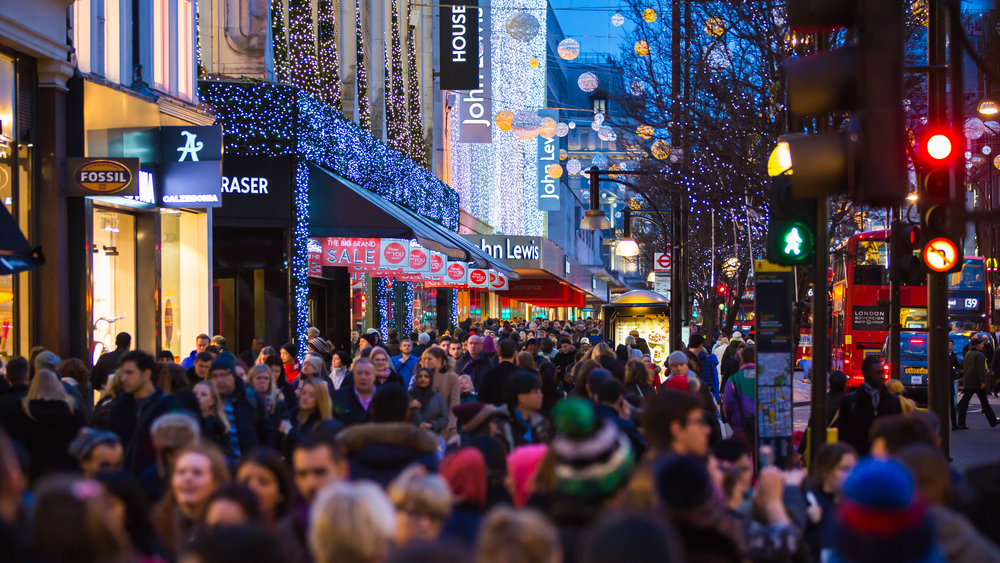



Leisure update – Analysing the impacts of Covid-19 and what the future for the sector may hold
After a difficult few years, confidence in the leisure sector hit a 4 year high in February but this proved very short lived, collapsing almost completely the following month. What started as another hyped-up illness has now proved to be very real, and the havoc it has caused on the sector has been unprecedented.
Leisure operations were first into lockdown and could virtually be the last out. Social distancing is an anathema to the majority of the sector that relies on long opening hours and people socialising.
As we move from containment to the unlocking phase, the outlook for the rest of the year remains highly uncertain; and 2021 will not be without challenges given a weak macro outlook is never good for consumer spend. It is thus no surprise that equity investors are making sector investment decisions based on 2022 financial projections and generally backing market leaders.
The problem the sector faces is that when it is allowed to open its doors, it will be operating below normal capacity. It is inevitable consumers will be cautious and be in a new rhythm around shopping, working from home and limiting socialising for the foreseeable future. It is thus no surprise confidence among businesses for the rest of the year, with even best-case scenario predictions, points to a huge drop in trading. London is more negative than the market as a whole. It has a more active ‘after-work’ market than most other areas and is (or has been) a tourist hub. It is likely to be again, but nobody is quite sure as to when.
For many operators, the support provided by the government during the lockdown will also be needed during the recovery phase. The furlough scheme has been extended to end of October. This is a lifesaver for many in hospitality, but employers will be asked to pay something towards wages from August. At that point, we may find out just how many of the held-open jobs out there are actually real.
In anticipation of lower cashflow and profitability over the next 6-9 months, a plethora of quoted leisure companies have been raising new capital from equity investors (e.g. Hollywood Bowl £10.5m; JD Wetherspoon £141m; Gym Group £41m; SSP £216m; Restaurant Group £58m; City Pub Group £22m and Ten Entertainment £5m) to bolster their balance sheets and liquidity headroom.
Smaller operators on the other hand have limited access to fresh capital and, without this and/or combination of financial support from the government, many will face closure. We note the BBPA is forecasting that 40% of pubs won’t survive beyond September without financial support. That’s almost 19k pubs out of 47k that won’t reopen! The same uncertainty faces the casual dining sector (no bad thing as this space is massively oversupplied), gyms and independent experiential leisure businesses.
Winners will inevitably emerge from the anticipated sector rationalisation, with the larger well-capitalised operators best placed to consolidate and grow market share.
Ultimately, complexion of the leisure sector post the Covid-19 will look fundamentally different in 2021 than at the start of 2020. However, past experience shows the sector is good at evolving, adapting and innovating to overcome the challenges presented.
Contact us
Sahill Shan
Equity Partner & Senior Research Analyst – Leisure
Email sahill.shan@n1singer.com
